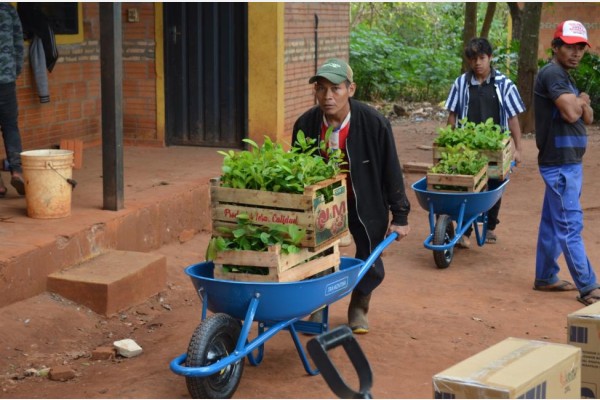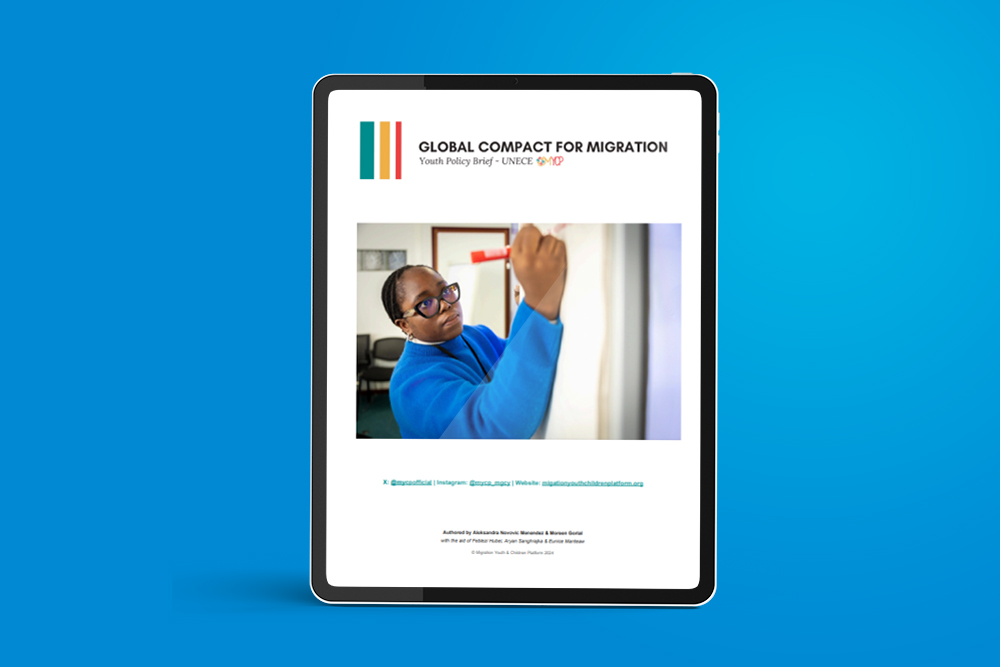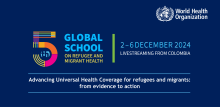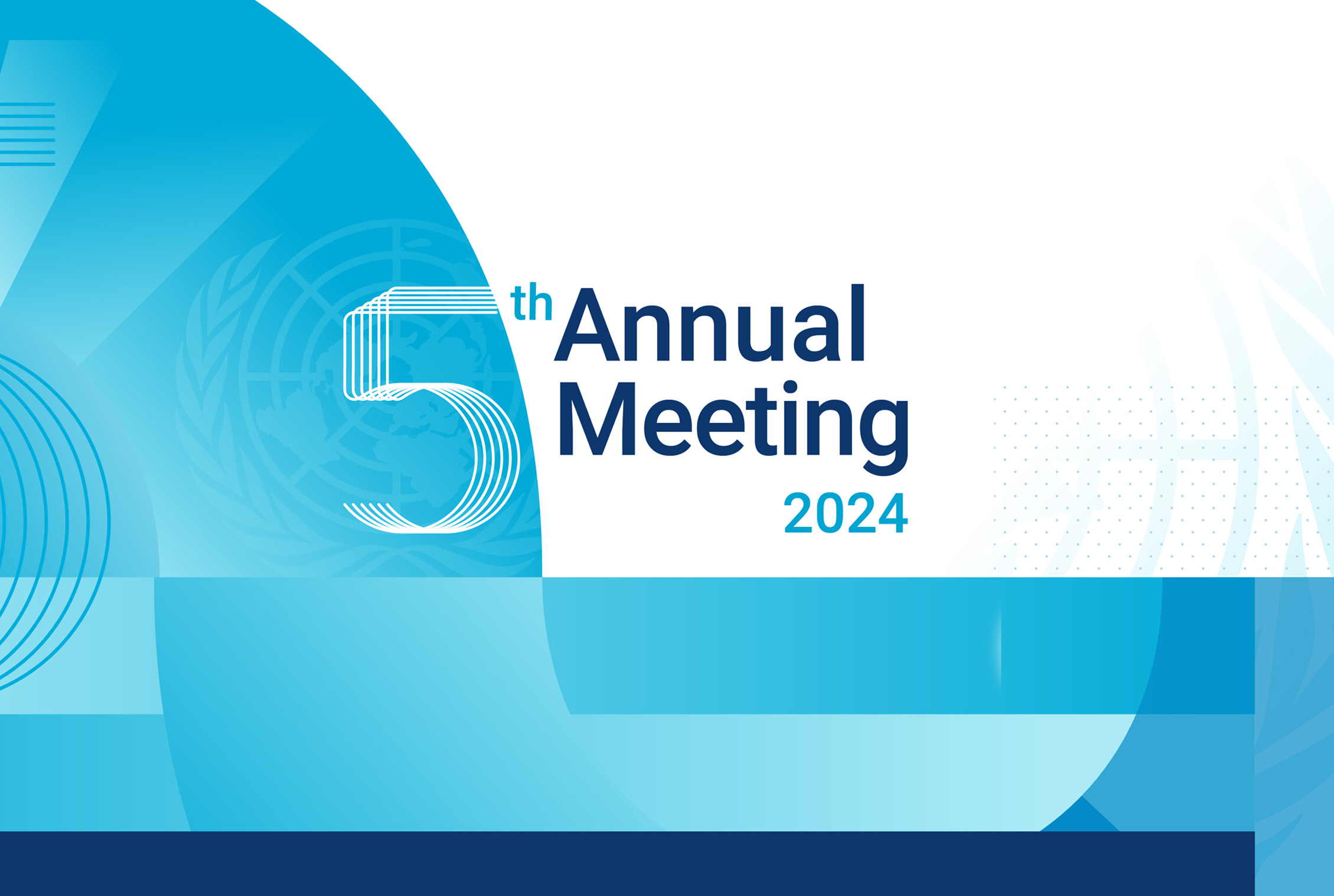
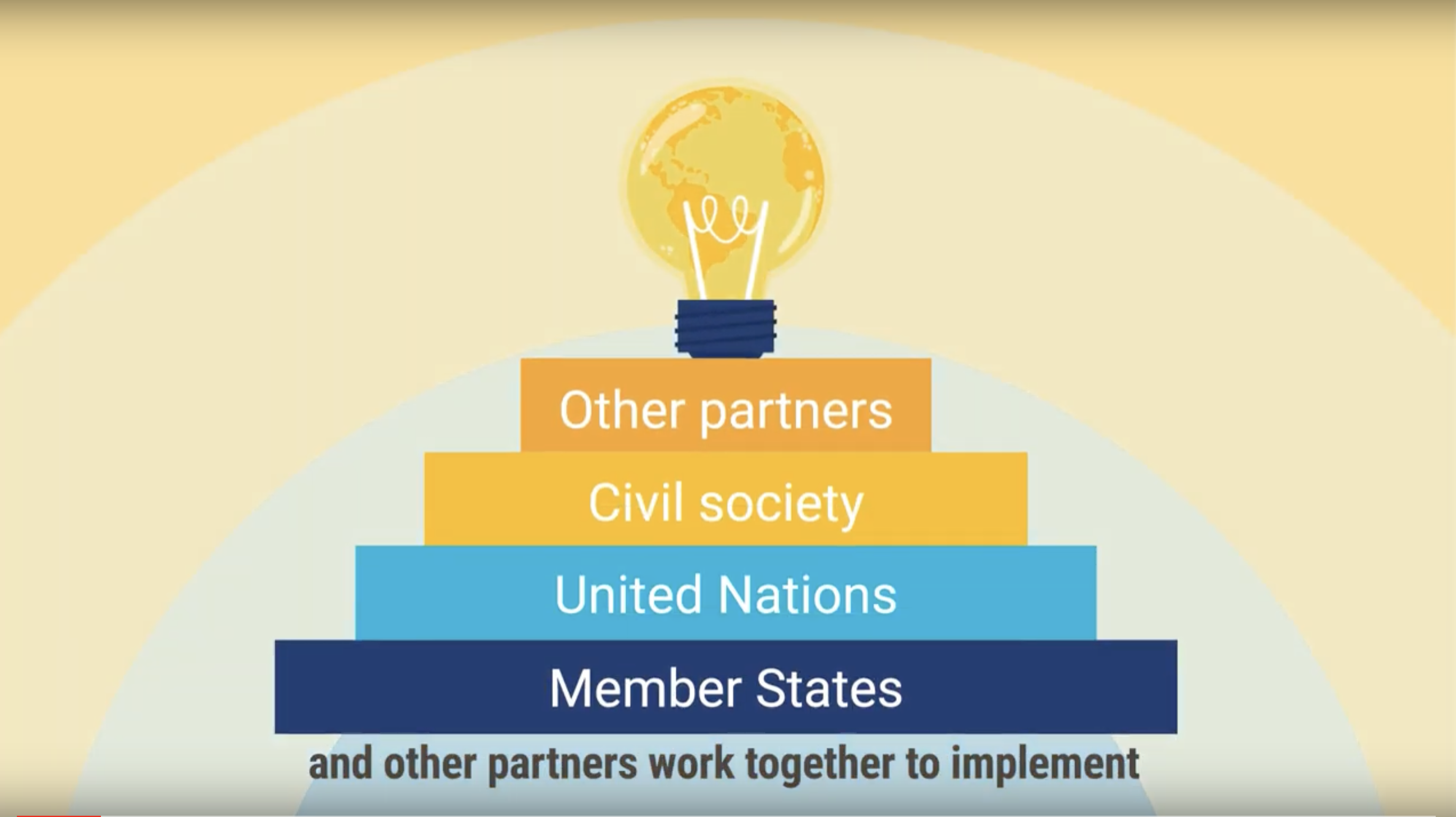
Explore the practices of others implementing the Global Compact for Migration (GCM) and submit your own practice.
Learn about the support available to UN country teams, government and stakeholders, and access training and guidance materials on GCM implementation.
After joining the Hub, submit your content related to implementing the Global Compact for Migration here. Your submission will be peer reviewed.

Map shows resources published on the Hub, by region.
Geographic scope
Oceania
Asia
Africa
Europe
Americas
Featured content
More GCM-relevant platforms
 Global Forum on Migration and Development (GFMD)
Global Forum on Migration and Development (GFMD)Repository of migration and development-related policies and programmes submitted by governments and...
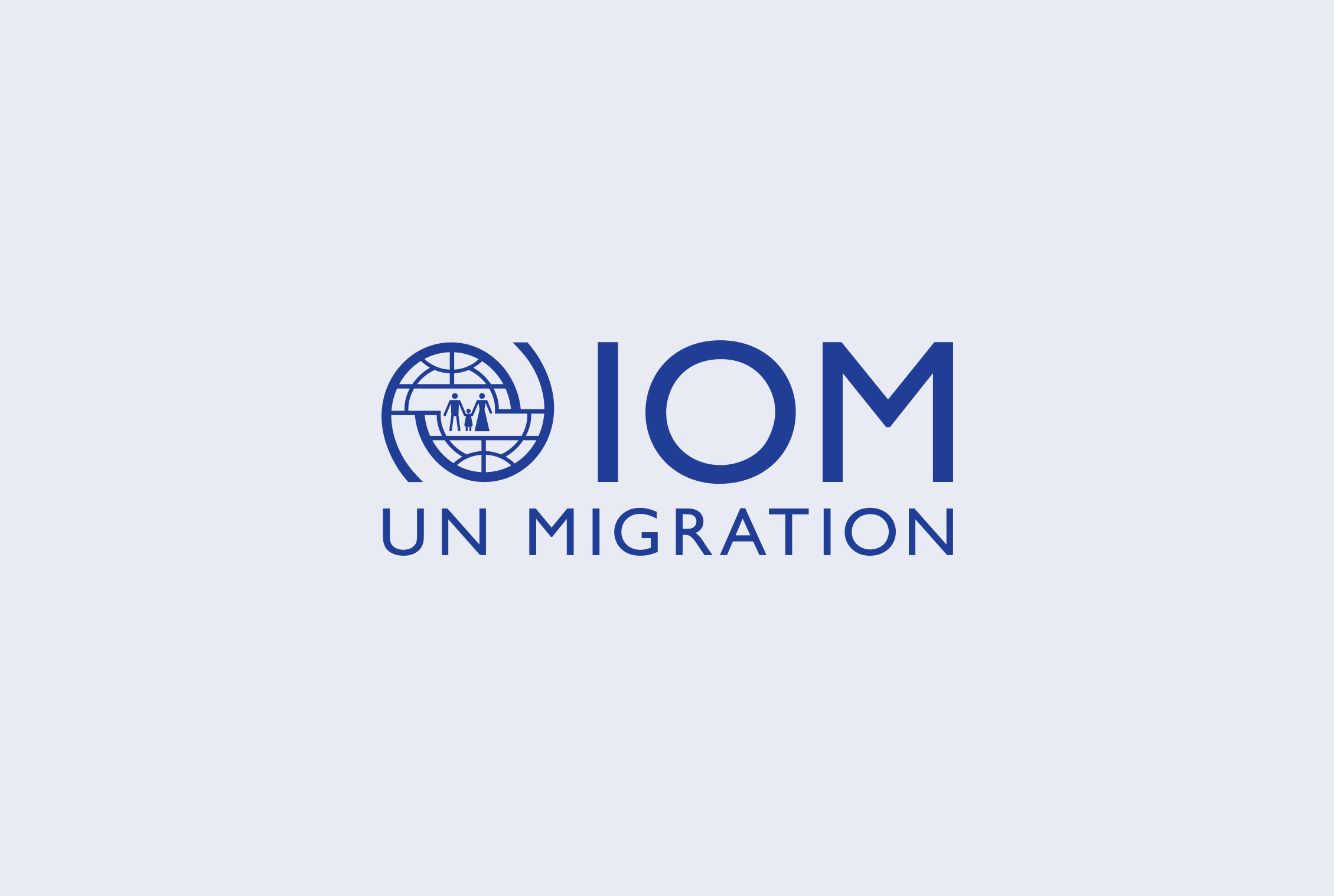 International Organization for Migration (IOM)
International Organization for Migration (IOM)IOM's Counter Trafficking in Emergencies (CTIE) portal includes a resources section with access to...
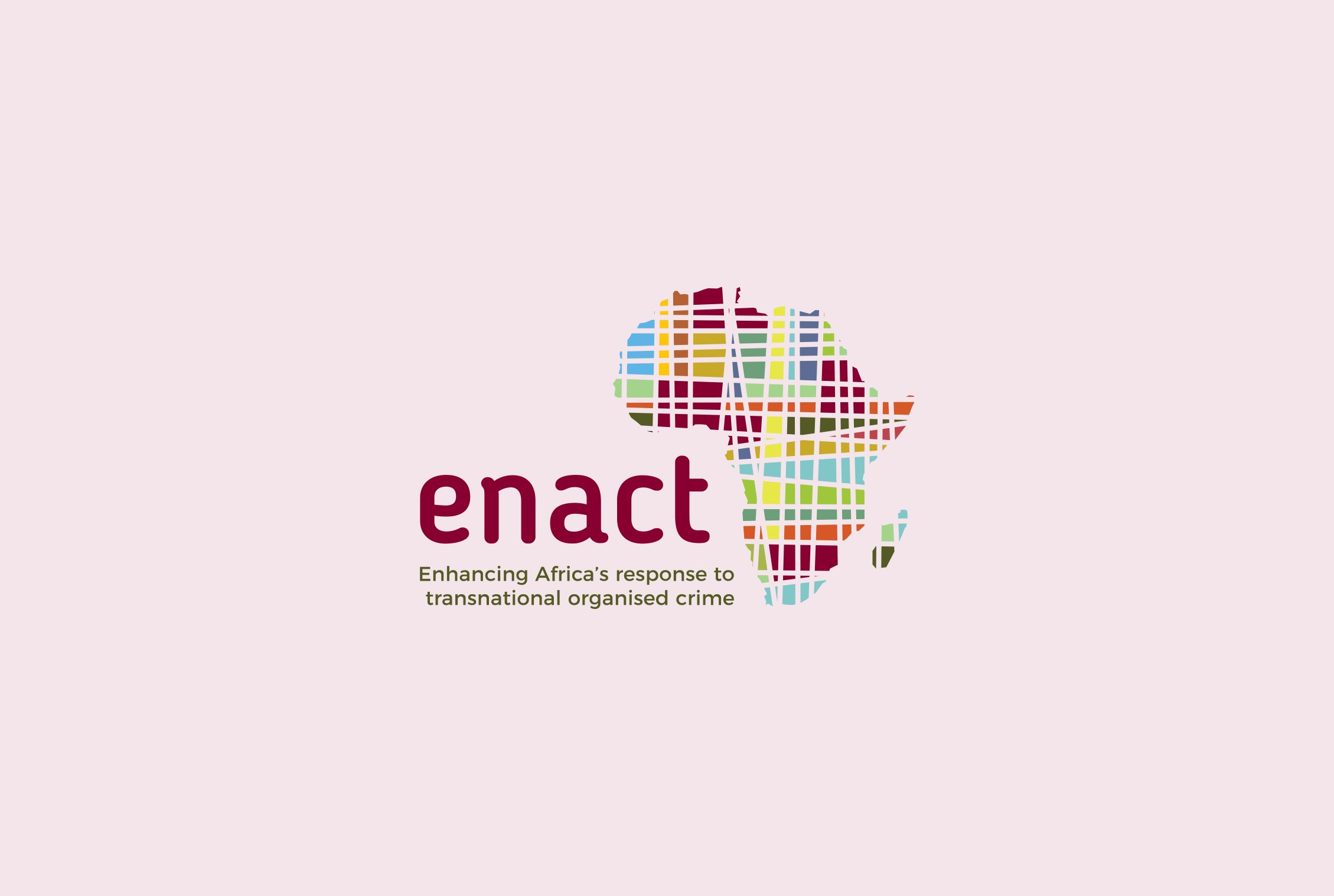 Institute for Security Studies (ISS), INTERPOL, Global Initiative Against Transnational Organized Crime
Institute for Security Studies (ISS), INTERPOL, Global Initiative Against Transnational Organized CrimeENACT (Enhancing Africa’s Response to Transnational Organised Crime) works to mitigate the impact of...
 International Organization for Migration (IOM)
International Organization for Migration (IOM)The Migration Data Portal aims to serve as a unique access point to timely, comprehensive migration...
 KNOMAD
KNOMADThe Global Knowledge Partnership on Migration and Development (KNOMAD) is a global hub of knowledge...
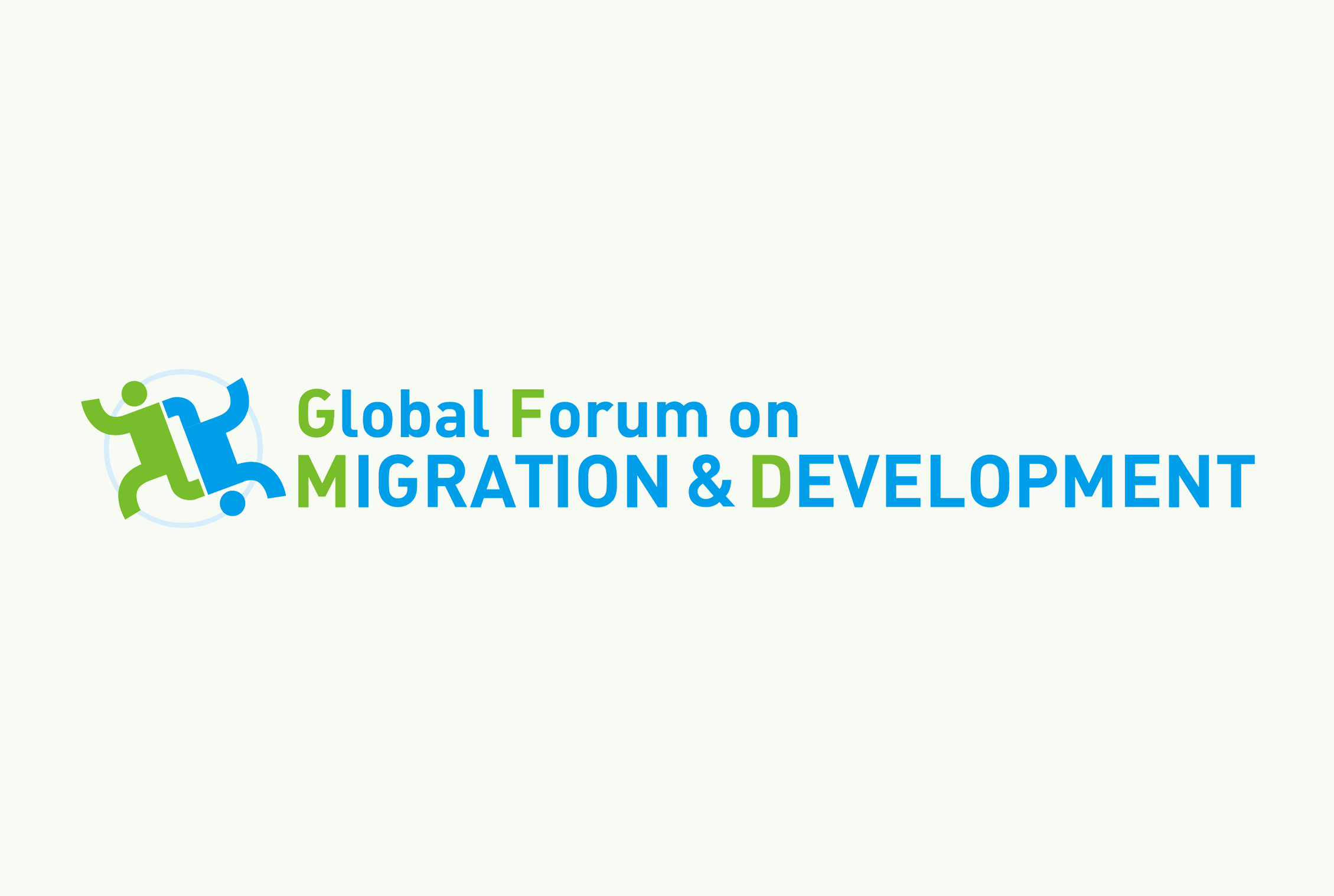 Global Forum on Migration and Development (GFMD)
Global Forum on Migration and Development (GFMD)Migration Profiles are frameworks for aggregating, in a structured and systematic manner, existing...
 International Organization for Migration (IOM)
International Organization for Migration (IOM)The IOM e-Campus is a free learning platform with online courses and training materials on migration...
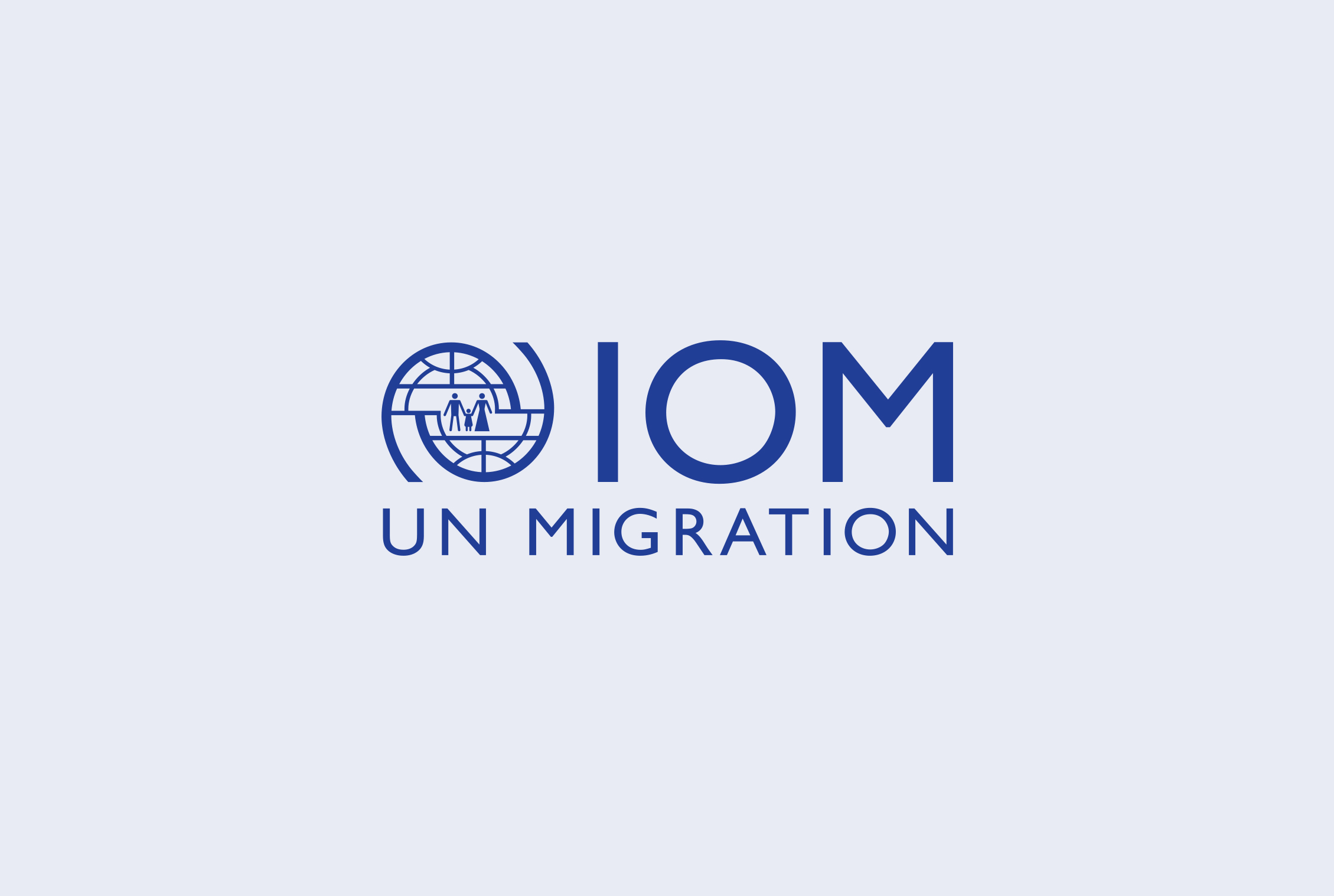 International Organization for Migration (IOM)
International Organization for Migration (IOM)The online MICIC repository of practices supplements the Guidelines to Protect Migrants in Countries...
HUB Events
- International Organization for Migration (IOM), Platform on Disaster DisplacementOnline-
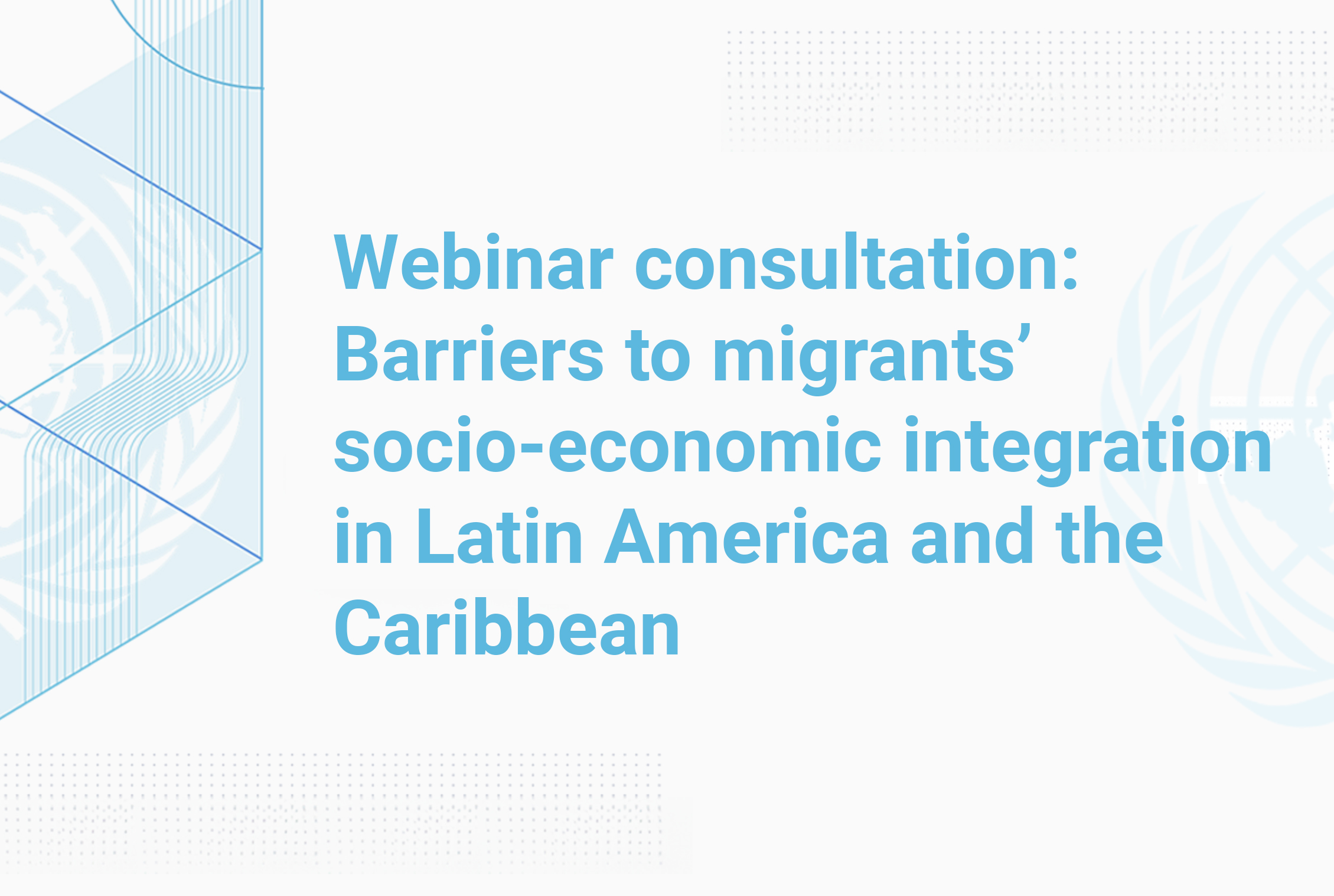 UN Network on Migration SecretariatOnline-
UN Network on Migration SecretariatOnline-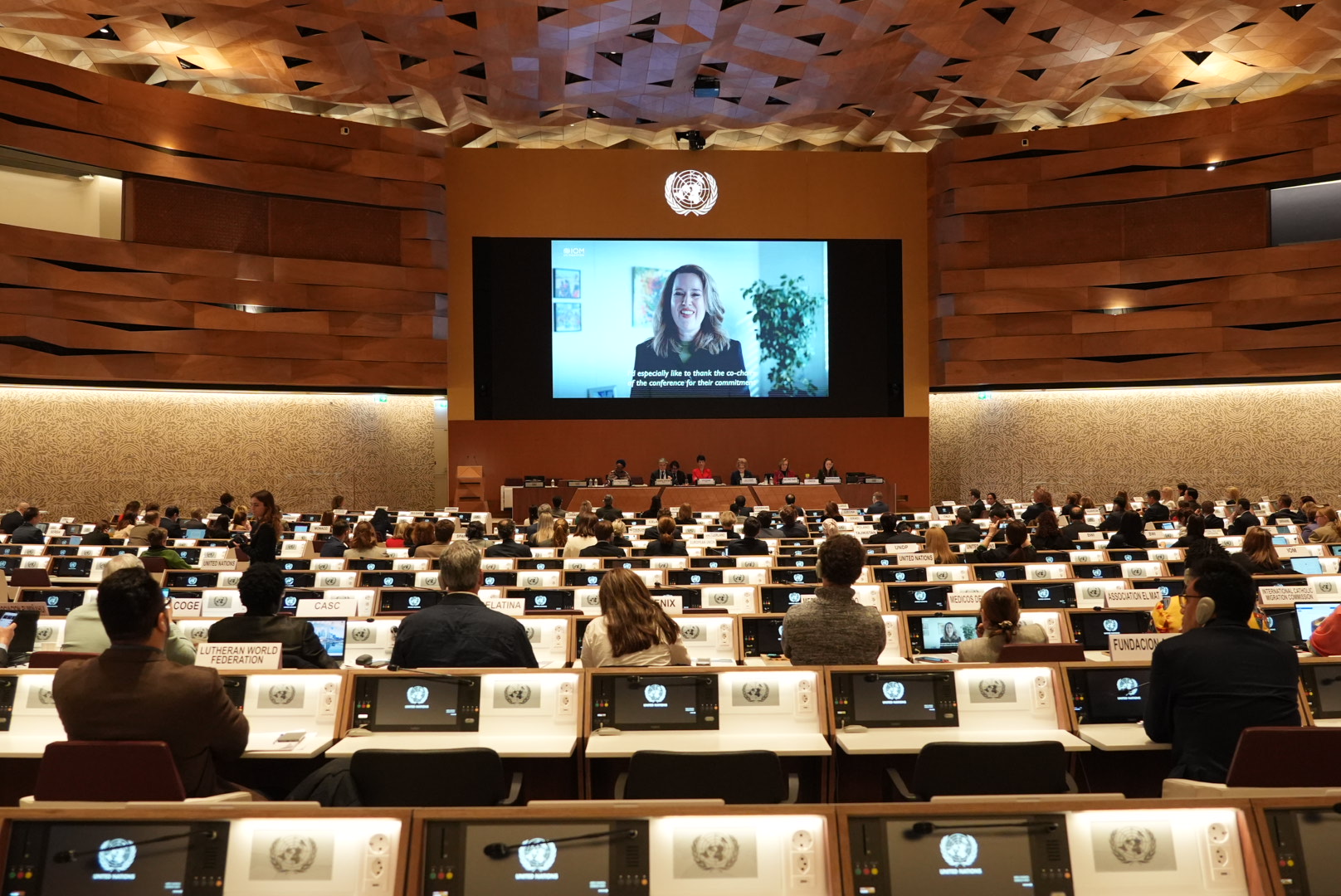 United Nations Network on Migration.
United Nations Network on Migration.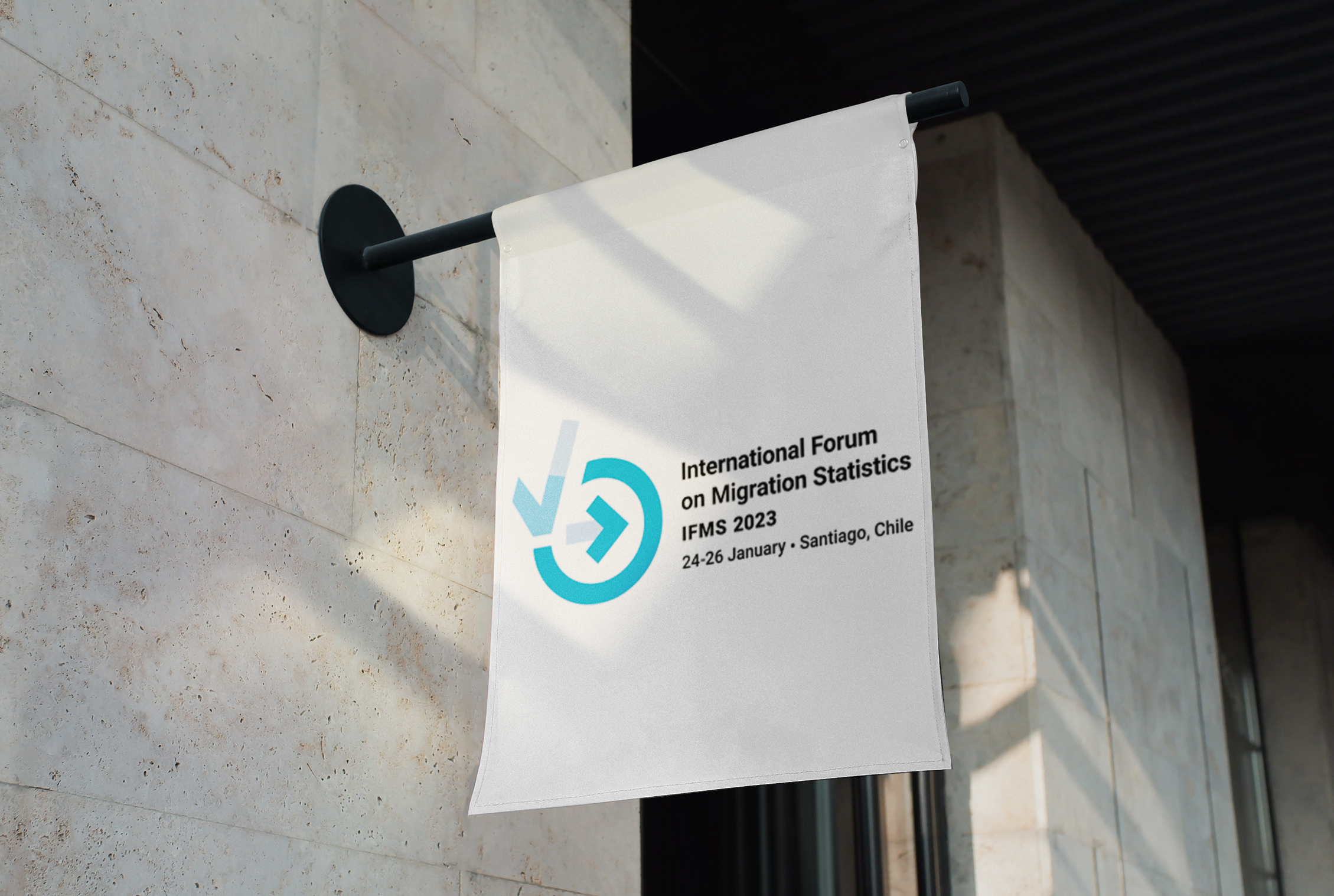 UNDESA, OECD, International Organization for Migration (IOM)-
UNDESA, OECD, International Organization for Migration (IOM)-
*References to Kosovo shall be understood to be in the context of United Nations Security Council resolution 1244 (1999).
Newsletter
Subscribe to our newsletter.



